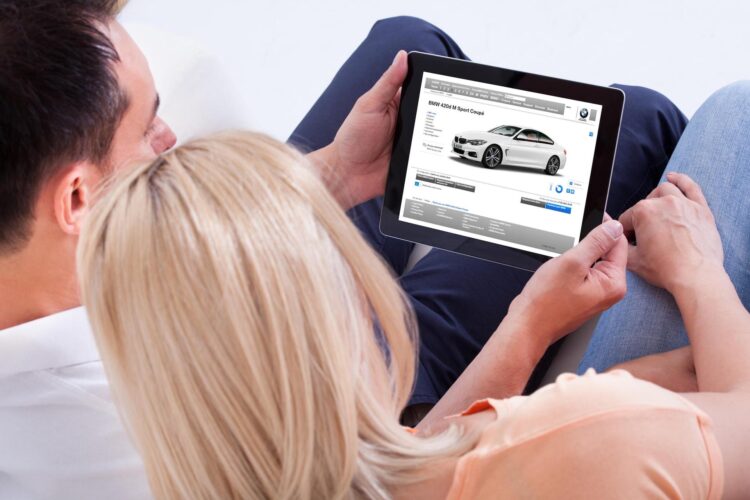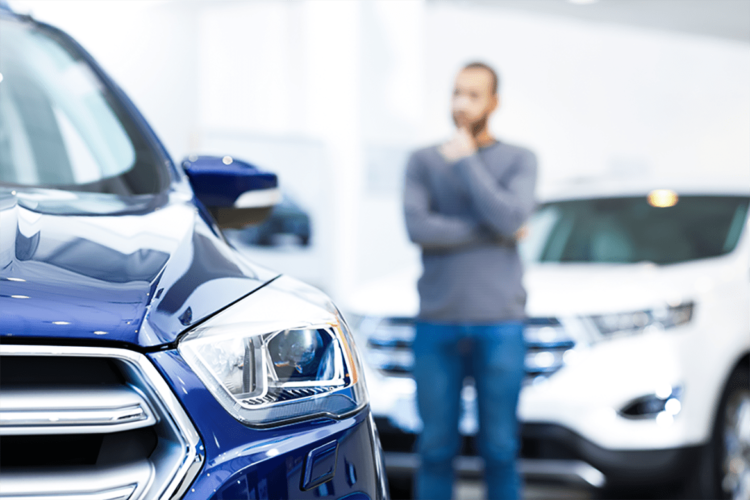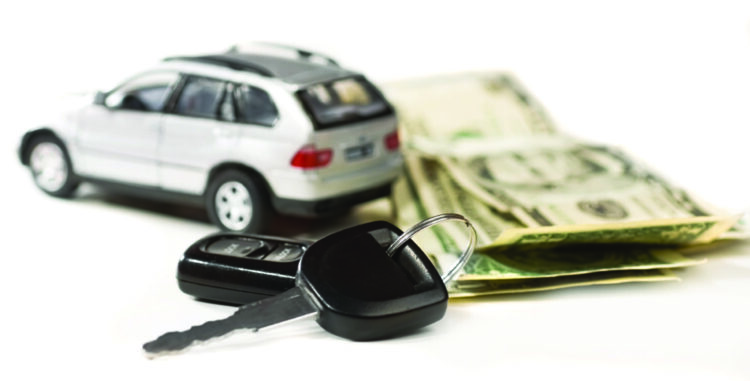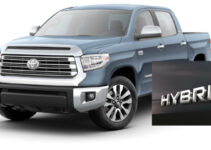Buying a vehicle for the first time can be very intimidating. Not only is it a major expense, but this is the vehicle you will start learning how to drive with. You want a vehicle that will be safe, but also easy to manoeuvre for a beginner. You may have other considerations like a family to take care of, or maybe you want to use the vehicle for other means than simply commuting. Whatever your use case may be, here are a few things to consider as a first-time car buyer.
Page Contents
1. Used, New, Or Leased

Source: thecarexpert.co.uk
One of the biggest dilemmas for people buying their first car is whether they should go for a new vehicle, a used one, or go on a lease. Most people will tell you to forget leasing, but there could be many advantages to you as a new driver.
The biggest benefit is that you’ll be able to get a much better car for the same amount you’d pay on a car loan. This means that you’ll have a much safer car and one that probably handles better than previous models. The vehicle will also be under warranty and you’ll be able to get preferential service from the dealership if anything happens.
However, the best choice for most is buying a slightly used vehicle. By buying a car that is about three years old, you’ll buy it at the perfect time to cushion depreciation and you’ll get a vehicle that is in many cases identical to the current model.
Buying new is only an option if you can’t drive a car someone else owned for some reason. You might have your personal hang-ups, and that’s your right. Know, however, that you’ll end up losing a lot of value on that vehicle the minute it leaves the lot. We would also suggest that you learn more about things like MSRP and how to estimate how much residual value the car will have once you decide to sell it.
2. Keep your Car Search Within your Budget
It is easy to fall in love with a car and get caught up in the excitement of the moment, but it’s important to stay focused on what you can afford and stick to that amount. You don’t want to spend more than you can afford.Shop for a car with a specific budget in mind, and make sure the dealer knows about it, too. If you can’t afford the car you want, don’t fall into the trap of putting your name on the car and then trying to come up with a plan to pay off the balance. Prioritize your needs as a car buyer. Think about your commute, what you’re going to use the car for, and what other vehicles you have in your household.
3. Safety First

Source: buildpriceoption.com
We would also suggest that you prioritize safety when picking a car. If you had your sights on a particular vehicle, see how good its safety ratings are. If it’s behind the competition, try to look at vehicles in the same category with a better ranking.
Safer vehicles tend to be easier to manoeuvre and will allow you to get out of a sticky situation if needed. They will also provide great shock protection. But it’s not the only area where they will be able to benefit you. A vehicle with a higher safety rating will usually cost less to insure, and insurance tends to be much higher for new drivers, so that would be a great way to save.
Speaking of which, it’s important that you know which type of vehicles insurers love and which ones they will charge you more for. Sports cars with high HP engines tend to cost more to insure for anybody, but even more so for inexperienced drivers. So, you will have to factor in much more than the price of the car when choosing a model.
4. Size
While size is something most people consider and can be very important when buying a vehicle. You may have a large family and need space for them and their friends if they have a lot of activities together. But there are other reasons why driving a bigger vehicle is a better option for new drivers.
A lot of people will go with a smaller vehicle as a first car, but these can be very unforgiving. A larger vehicle will have more space during a collision and is less likely to be fatal than in a smaller vehicle. So, you will need to think twice about getting a sub-compact car.
If the issue was gas consumption, know that there are plenty of mid-size sedans that are extremely fuel-efficient. You can also look at hybrid vehicles. These will allow you to cover a large distance without overpaying for gas and give you an extra cushion in case you get in a collision.
On the other hand, you will have to deal with the fact that larger vehicles are easier to scratch, or hit, especially if you are just starting to drive and you have no driving experience. Also, consider the place you live in – if it is a city, a smaller car might be better to go through traffic jams and find parking spots, while in the outskirts, a larger vehicle will do the job.
As you can see, there are tons of factors that need to be considered when buying your first vehicle. Keep these points in mind when shopping and be patient if you want to get the best deal possible.
5. Cash of Financing

Source: autoinfluence.com
Cash or financing? Cash is king when it comes to buying a car, but you don’t have to go in as a cash buyer. If you need to finance your car, get pre-approved despite what your credit might be like. A lot of banks will let you apply for a loan in-house without checking your credit score which is great.
This one too is something that you need to consider. Both options are fine, but you need to pick that one which you prefer.





